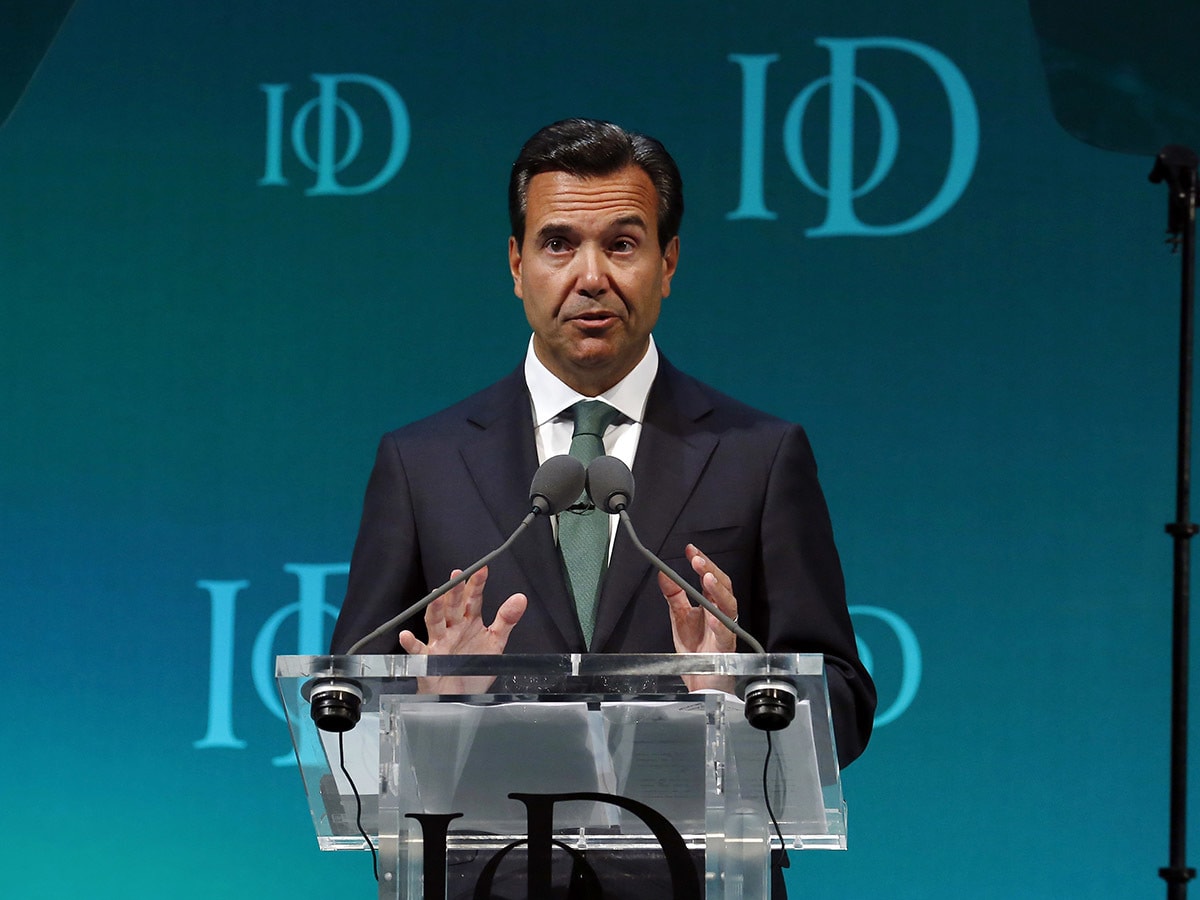Lloyds’ [LLOY] share price has had a tough time lately.
Fears of a second coronavirus wave, bleak economic data and the possibility of a no-deal Brexit are all keeping Lloyds’ share price firmly down on the year. Hedge fund Marshall Wace’s historic short against the bank, which must have rattled some investors’ confidence, has not helped matters either.
Since the start of the year, Lloyds’ share price has plummeted 58.6% (through 14 September’s close). While most of those losses are down to the coronavirus sell-off in March, Lloyds’ share price has failed to mount any kind of recovery.
Just a few weeks ago, there was talk of the stock finally breaking through the 30p level but this was short-lived, with Lloyds’ share price closing last week at 25.88p.
Given the length of the slump, is Lloyds’ share price a value trap or are there long-term gains to be had?
Watchdogs bite down on the banking sector
In the short-term, at least, things don’t look like they’re going to get any better for Lloyds’ share price. Early September saw Lloyds reprimanded by the Competition and Markets Authority (CMA) for forcing COVID-hit businesses seeking an emergency loan to open a business account with them.
Known as 'bundling', 30,000 customers — mostly small and medium-sized businesses — were made to open up a fee-paying account in order to receive the loan. While Lloyds doesn't charge for the account for the first 12 months, it's a £7 monthly fee after that.
"By forcing businesses to open current accounts as a pre-condition to access this [Bounce Back] scheme, Lloyds breached the CMA undertakings it signed, reduced choice and put their customers at risk of being unnecessarily charged," said Adam Land, senior director at the CMA.
“By forcing businesses to open current accounts as a pre-condition to access this [Bounce Back] scheme, Lloyds breached the CMA undertakings it signed, reduced choice and put their customers at risk of being unnecessarily charged” - Adam Land, senior director at the CMA
Lloyds’ justification was that it had no way to give a personal account holder a business loan. In the bank’s defence, they were aware that they may have broken CMA rules and referred themselves to the watchdog immediately.
“Any other solution would have created unnecessary delays at a critical time. All business current accounts benefit from 12 months free banking,” Lloyds said in a statement.
Increasingly, watchdogs are clamping down on banks that appear to be exploiting the pandemic in order to ramp up fees paid by small businesses. In a letter sent by the FCA to bank executives, the regulator warns that it has found “credible reports” of banks failing to treat customers fairly and charging fees for extra services.
In the strongly worded letter, the FCA said:
"We are concerned that tying clients to take additional services, or demanding fees for services not provided is not in the best interests of those clients, distorts competition, undermines market confidence and calls into question firms' and individuals' integrity."
While the names of the banks weren't revealed, the accusations, if proven, would breach FCA market abuse rules which prevent banks from exploiting their position.
“We are concerned that tying clients to take additional services, or demanding fees for services not provided is not in the best interests of those clients, distorts competition, undermines market confidence and calls into question firms' and individuals' integrity” - FCA
Where next for Lloyds’ share price?
All this adds to the gloom surrounding Lloyds’ share price right now. Alongside the threat of action from the regulator, Brexit fears reared their head again last week and there has been the re-emergence of Lloyds’ bete-noir — PPI claims.
Still, analysts seem to be backing Lloyds’ share price. The stock carries an average 38p 12-month price target from analysts tracking the stock in the Financial Times.
Of the 23 offering recommendations, 5 rate Lloyds a Buy while 10 rate it an Outperform. However, for investors thinking of picking up share in the bank, it might be a case of holding out for long-term gains.
Disclaimer Past performance is not a reliable indicator of future results.
CMC Markets is an execution-only service provider. The material (whether or not it states any opinions) is for general information purposes only, and does not take into account your personal circumstances or objectives. Nothing in this material is (or should be considered to be) financial, investment or other advice on which reliance should be placed. No opinion given in the material constitutes a recommendation by CMC Markets or the author that any particular investment, security, transaction or investment strategy is suitable for any specific person.
The material has not been prepared in accordance with legal requirements designed to promote the independence of investment research. Although we are not specifically prevented from dealing before providing this material, we do not seek to take advantage of the material prior to its dissemination.
CMC Markets does not endorse or offer opinion on the trading strategies used by the author. Their trading strategies do not guarantee any return and CMC Markets shall not be held responsible for any loss that you may incur, either directly or indirectly, arising from any investment based on any information contained herein.
*Tax treatment depends on individual circumstances and can change or may differ in a jurisdiction other than the UK.
Continue reading for FREE
- Includes free newsletter updates, unsubscribe anytime. Privacy policy





